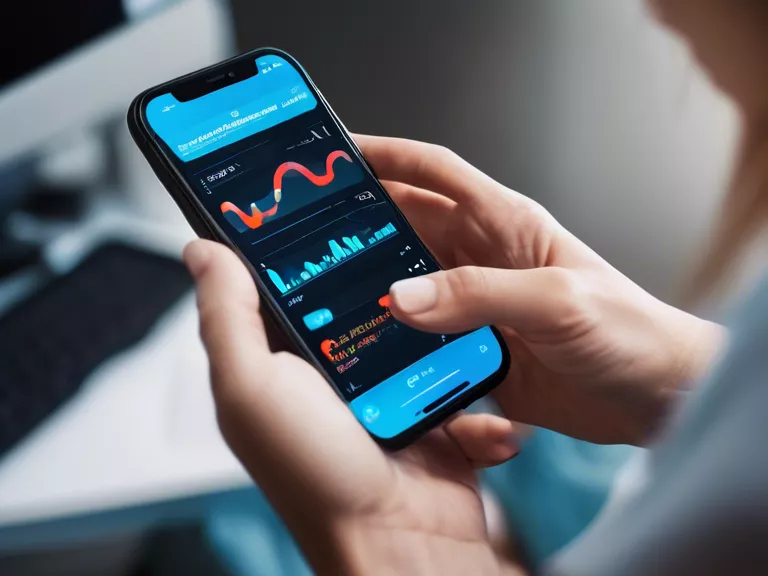
With the rise of technology, health apps have become more prevalent in helping individuals manage and monitor their chronic health conditions. These apps provide convenience and accessibility to important health data, making it easier for users to stay on top of their health goals. From tracking medication schedules to monitoring symptoms, health apps are revolutionizing the way we manage chronic conditions.
One of the key benefits of health apps is the ability to track and analyze data over time. Users can input information about their symptoms, medications, diet, and exercise routines, allowing them to identify patterns and trends in their health. This data can then be shared with healthcare providers, leading to more informed discussions during medical appointments.
Another advantage of health apps is the ability to set reminders for medications and appointments. For individuals with chronic conditions that require daily medication, these reminders can be a lifesaver. By receiving notifications on their phones, users are less likely to forget to take their medications, leading to better health outcomes.
Furthermore, many health apps now offer features such as integration with wearable devices and the ability to connect with other users for support and motivation. These additional capabilities can help individuals stay accountable to their health goals and feel a sense of community while managing their conditions.
In conclusion, health apps are changing the way we monitor chronic health conditions. By providing easy access to important health data, setting reminders, and offering additional features for support, these apps empower individuals to take control of their health. As technology continues to advance, the potential for health apps to improve health outcomes for those with chronic conditions is limitless.



